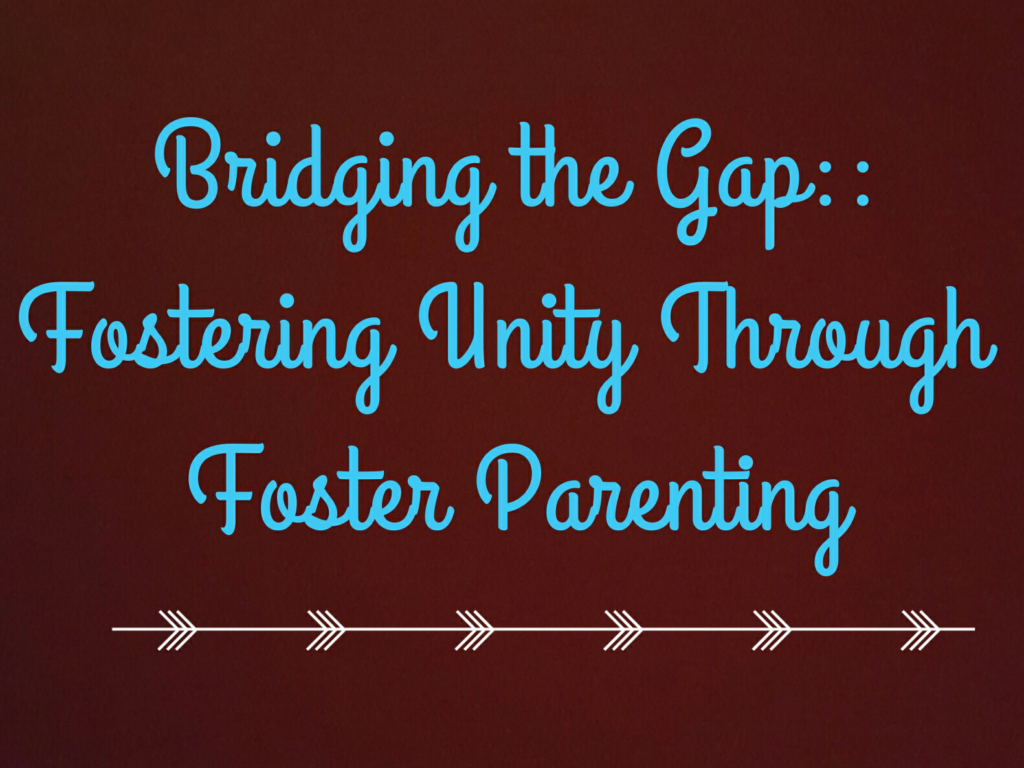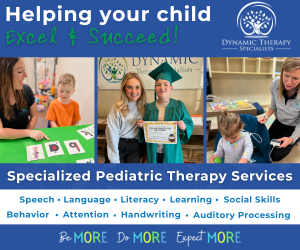Every child deserves to be in a loving, stable and safe environment. When children are in foster care, a basic standard of care has been compromised, yet reunification of the children with their parents is always the first and primary goal. For foster parents, it can sometimes be difficult to navigate the waters of interacting with parents, especially knowing the child’s history. These are the only parents the child has ever known, and if at all possible, these parents will be able to raise their children to thrive. So how can foster parents help to make the adult relationships as healthy as possible for the children involved? Here are a few ideas!
1. Love the Child
Duh. Love the child is a given, right? Unfortunately, it isn’t. When I asked the momma of one of our former littles why she thought we had such a good relationship, she said it was because we loved her child. We were not the only foster home the child had been in, and it breaks my heart that the sweet angel wasn’t treated to the highest care. Parents know when you love their children and treat them right. Yes, sometimes the trauma that these littles have gone through produces behaviors that cause them to be more trying than other children, but when you love without reservation and find resources to support the child’s healing (and share these with the parents so they can utilize them as well!), everyone begins to heal. [Read more about Loving A Child You Have to Share on my previous post.]
2. Celebrate the Parents as the Parents
Regardless of the history, these are and always will be the child’s parents. The words chosen and actions taken during interactions go a long way in building a strong relationship. Honor parents with your words in front of the children. Referring to a father as Dad in front of him (“Look, Dad is here!”) can go a long way in reassuring both the parents and the children that you are not trying to replace them, and that you understand the roles present. Honor can also mean having your little guy wear an outfit that mom bought to the next visit, or sending/printing a picture of him in the outfit (even if it’s not your style).
3. Have Open Communication
I have always chosen to supervise visits when possible because they are invaluable. Sitting in the room with the family regularly, showing support and interest in them as people — it changes the relationship. They become human, and it is so much easier to support them. Sharing information about upcoming events (or past events if their presence is a safety concern) can be a game changer. Y’all it’s super awkward to go to a doctor’s appointment with mom and child, working out the dynamic of who corrects the child and explaining to the medical professionals what is happening. It is the MOST awkward. But when you are both on the same page as to what the expectations are, where the child is succeeding, and what a professional recommends for the child’s struggles, there is a common ground, a platform from which to begin.
If visits aren’t supervised by you, pictures can make a big impact. Whether by text or a private email account, allowing mom to see pictures of the first day of school or sending grandma a video of baby’s first steps, you are giving everyone access to celebrate the child’s milestones together. The more people in the child’s corner, the better!!
4. Respect the Culture
If the child’s family is of a different race, culture, or religion, do your best to incorporate elements of that into your family. Learn about the culture- read, join Facebook groups, make friends within the community. Find ways for her to be exposed to people who look like her with similar experiences. Incorporate the hairstyles, clothing, and celebrations that create the foundation. Remember that this is the child’s culture, too.
There are so many what ifs in foster care, but forming strong, healthy bonds among all parties is best whenever possible. Transitions are more seamless, support systems are built, and children are happier. I am lucky enough to be in contact with most of my former foster kids, and being able to still babysit, facetime, and catch up with them is a result of the relationships that we all worked hard to create.

















